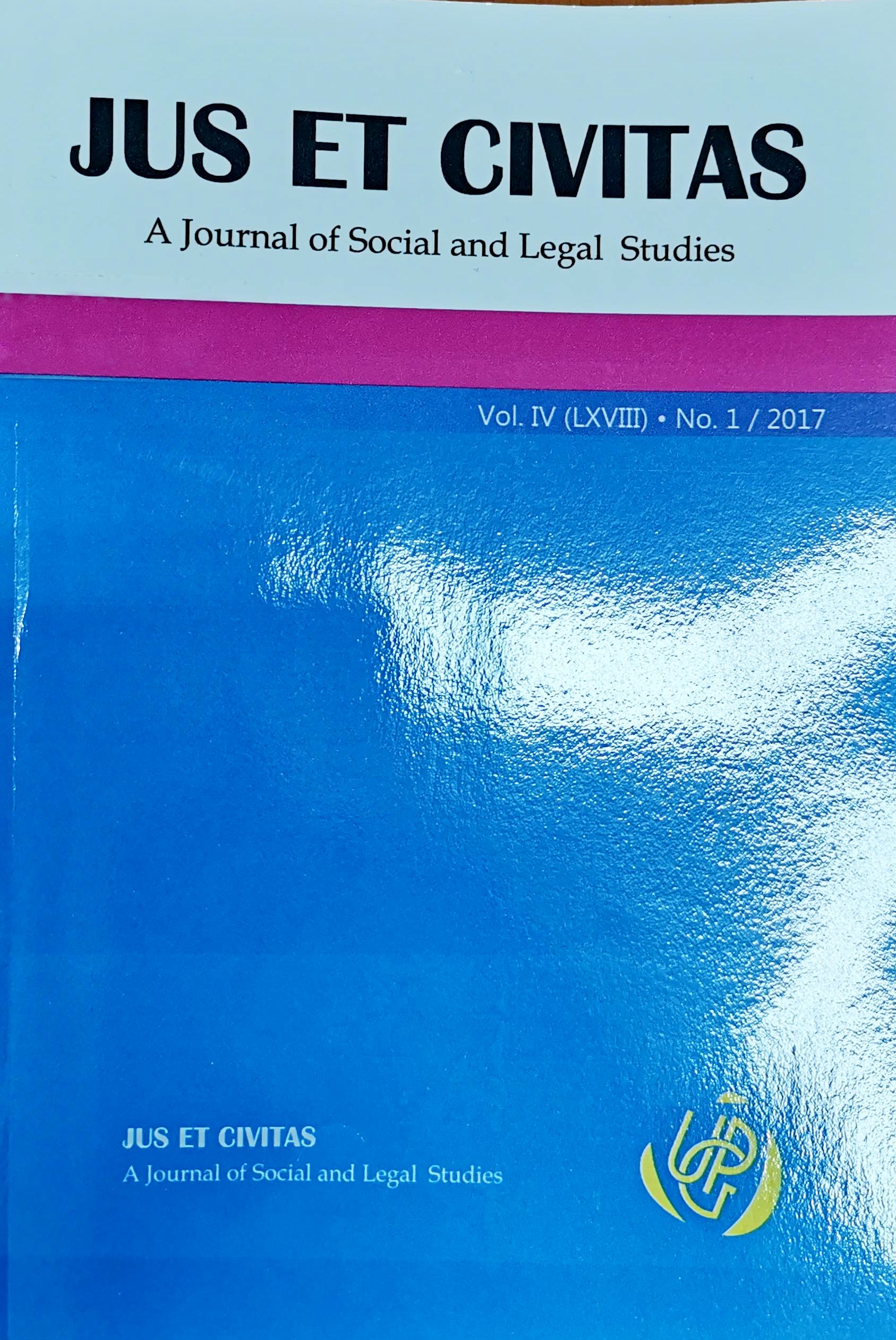BETWEEN FLEXIBILITY AND CONVENTIONALISM. ELEMENTS OF HIDDEN CURRICULUM WITH IMPLICATIONS IN MANAGING CONFLICTS IN EDUCATION
BETWEEN FLEXIBILITY AND CONVENTIONALISM. ELEMENTS OF HIDDEN CURRICULUM WITH IMPLICATIONS IN MANAGING CONFLICTS IN EDUCATION
Author(s): Cristina Georgiana SaftaSubject(s): Adult Education, Educational Psychology, Inclusive Education / Inclusion, Sociology of Education
Published by: Editura Universitatii Petrol-Gaze din Ploiesti
Keywords: hidden curriculum; values; norms; behavioural patterns;
Summary/Abstract: The study starts from the premise that pupils learn in school more than teachers explicitly convey, referring here to the compulsory contents of the curriculum. In fact, in school students learn not only definitions, key concepts, formulas, and facts in the sphere of science, etc., but they are also inoculate with values such as obedience, conformism, mutual respect, tolerance, self-esteem, justice, truth, patience, responsibility, feelings of social equity or inequity. Basically, the school environment is the context in which students acquire a number of fundamental acquisitions, develop intellectual work skills, and develop communication and relationship skills, gains autonomy in terms of individual study. But, above all, it is the environment in which students cultivate emotions and feelings, attitudes towards life, family, school, society. With this cultural and socio-emotional background, they go on to live life.
- Issue Year: LXVIII/2017
- Issue No: 1
- Page Range: 95-101
- Page Count: 7
- Language: English

